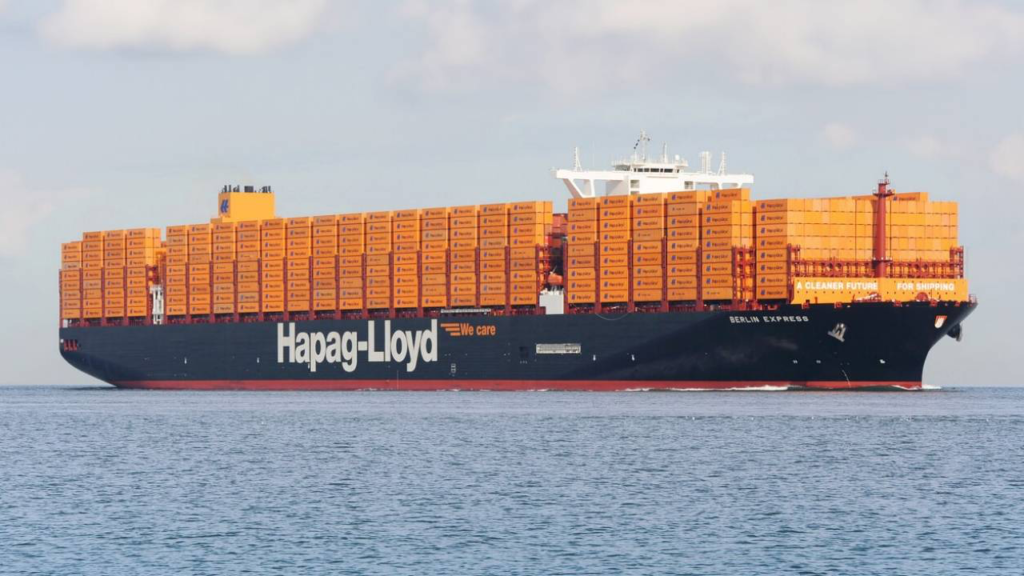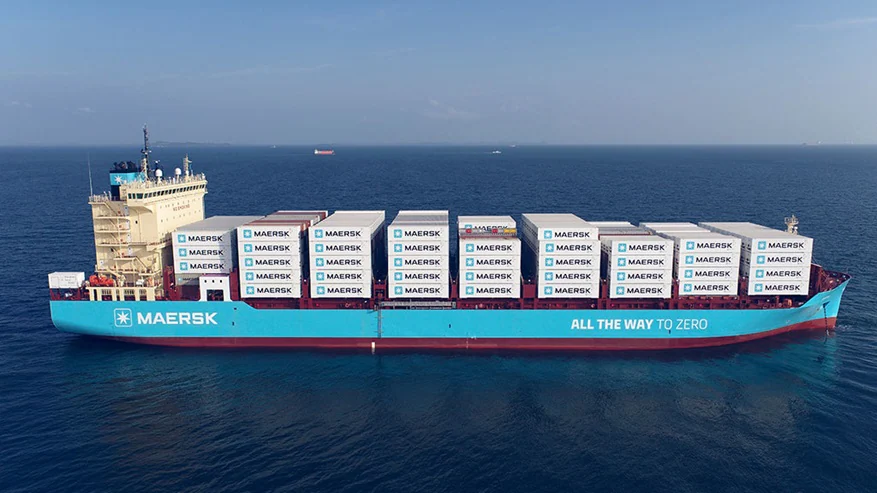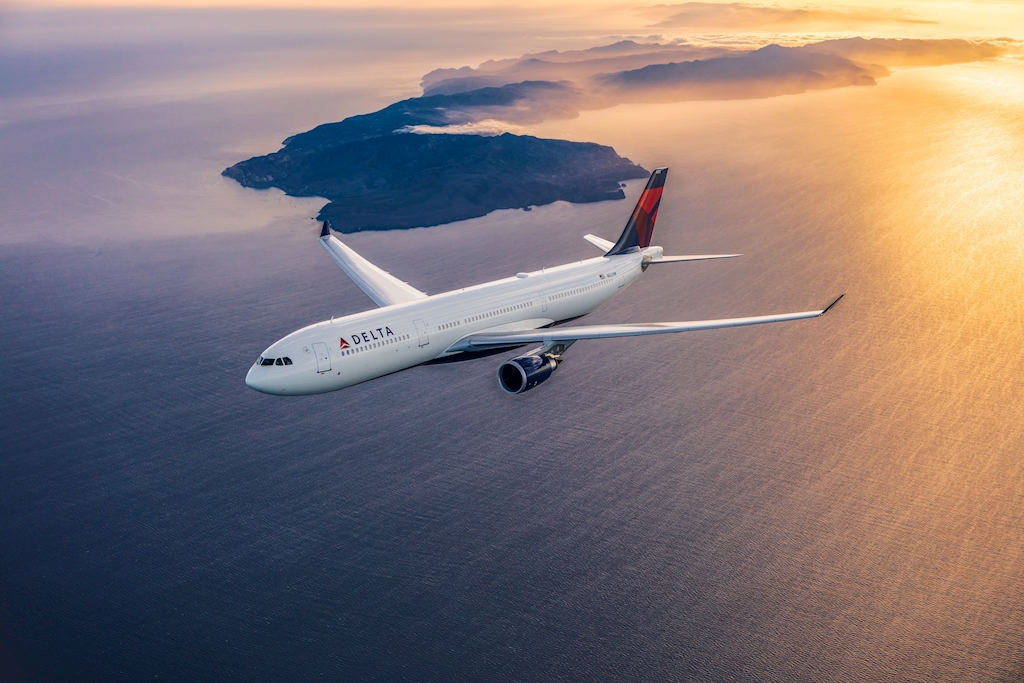Germany First Lady Elke Budenbender Christens Berlin Express
Hapag-Lloyd AG (Frankfurt: HLAG) has officially welcomed into its fleet the “Berlin Express”, the first ship of its new Hamburg Express class. At an event attended by some 300 guests from business and politics, naming…


